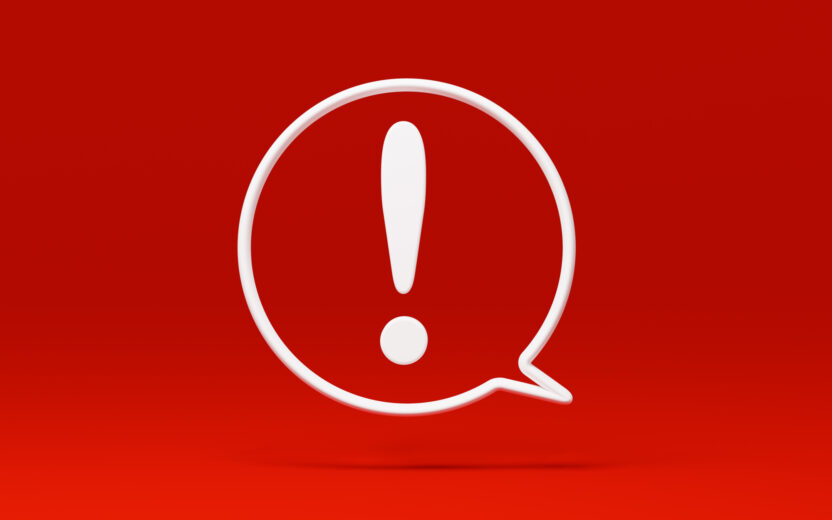
Gloria Brigham, EdD, MN, RN
Director of Nursing Practice

2 minutes to read this page
An individual who discloses information, either internally (e.g., manager, compliance officer, hotline) or externally (e.g., regulatory agencies, media, lawmakers, watch dog organizations) that he/she reasonably believes evidences a violation of a law, rule or regulation, gross mismanagement, gross waste of funds, abuse of authority, or a substantial and specific danger to public health or safety.
A whistleblower is:
Organizational Compliance/Human Resources documents should not limit the worker’s ability to:
